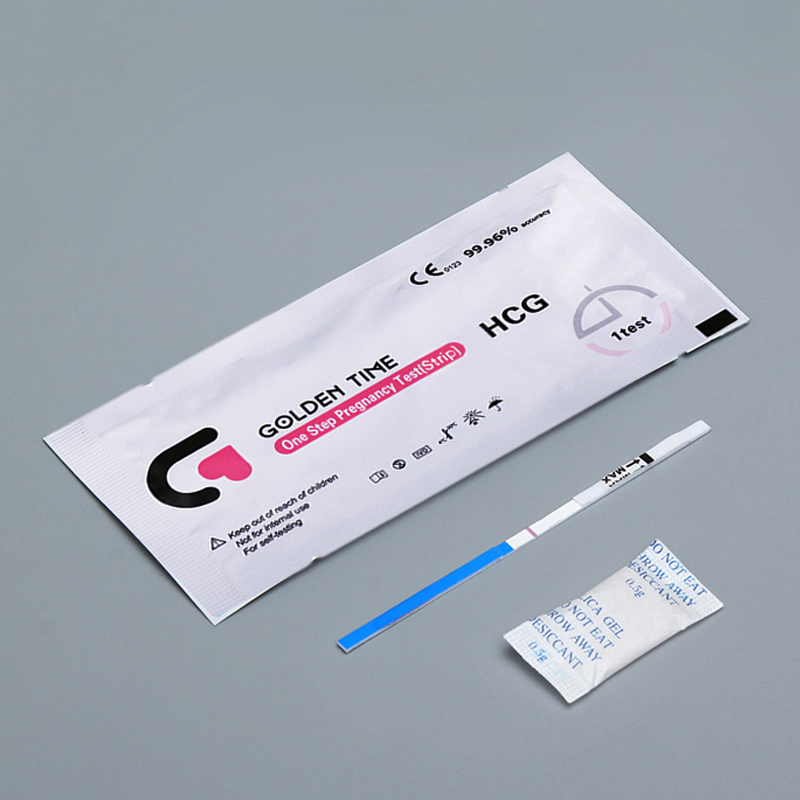Sep . 10, 2024 22:43 Back to list
best mp test for malaria manufacturer
The Best MP Test for Malaria A Comprehensive Overview for Manufacturers
Malaria remains a significant global health challenge, affecting millions of people each year. Accurate and timely diagnosis is crucial for effective treatment and control of this disease. Among the various diagnostic tools available, the Malaria Parasitological (MP) test stands out as a vital resource for healthcare providers. This article explores the best practices and considerations for manufacturers developing MP tests for malaria.
The Best MP Test for Malaria A Comprehensive Overview for Manufacturers
Sensitivity refers to the test's ability to correctly identify those with the disease, which is critical in areas with low parasitemia. A high sensitivity ensures that even low levels of malaria infection are detected, thereby preventing the risk of untreated cases spreading within the community. On the other hand, specificity pertains to the test’s ability to correctly identify those without the disease. High specificity reduces unnecessary treatments and helps in conserving healthcare resources.
best mp test for malaria manufacturer

Manufacturers must also consider the target audience for their MP tests. In many endemic regions, tests are often performed in remote settings with limited laboratory infrastructure. Therefore, test kits should be robust, have a long shelf life, and be resistant to temperature variations. Moreover, providing clear instructions and visual aids can facilitate accurate testing by under-resourced health workers.
Another important consideration is the regulatory compliance of the MP tests. Each country has specific guidelines for medical diagnostics, which must be adhered to in order to ensure safety and efficacy. Engaging with regulatory bodies during the design and testing phases can streamline the approval process and enhance market acceptance.
Finally, continuous improvement and innovation are essential for manufacturers in this field. The rapid evolution of malaria strains necessitates ongoing research and development to adapt existing tests and create new ones. Collaborating with healthcare professionals and institutions can lead to better understanding of user needs and the challenges they face in the field.
In conclusion, the development of the best MP tests for malaria requires manufacturers to focus on accuracy, user-friendliness, regulatory adherence, and ongoing innovation. By addressing these factors, manufacturers can create effective tools that will significantly contribute to the global fight against malaria, ultimately saving lives and improving health outcomes in affected regions.
-
Malaria Pf Ag Rapid Test Kit - Quick & Accurate Detection
NewsAug.11,2025
-
Accurate Cardiac Marker CK-MB Rapid Test for Quick Results
NewsAug.10,2025
-
Premium Empty ABS Plastic Cassette for Test Strips
NewsAug.09,2025
-
Sterile Urine Cup: Accurate Specimen Collection for Labs & Home
NewsAug.08,2025
-
Malaria Pf/Pan Ag Rapid Test Kit for Fast, Accurate Diagnosis
NewsAug.07,2025
-
Rapid Canine Corona Test: Fast & Accurate Results
NewsAug.06,2025

